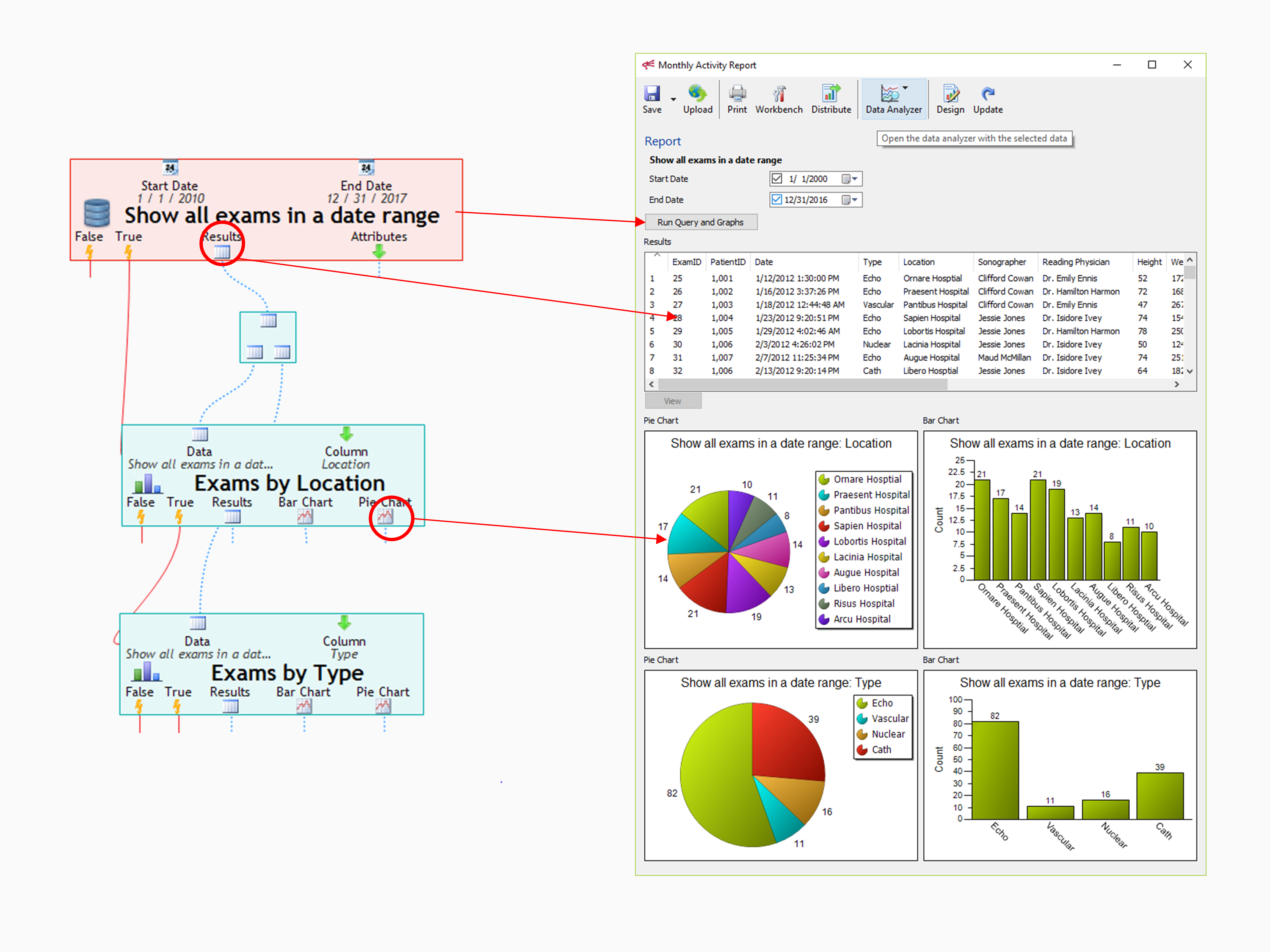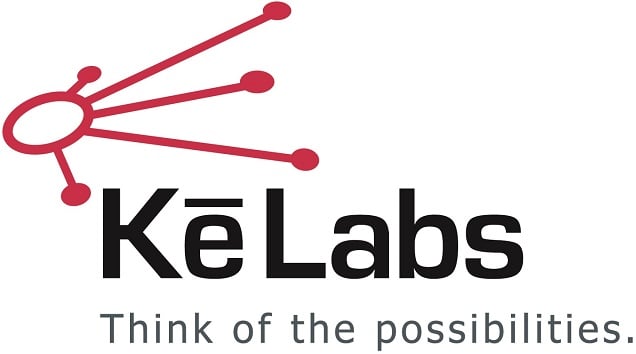Over the years, healthcare databases have built up enormous amounts of information and, to date, this data has been primarily used to provide patient care, billing, scheduling and other services necessary for the efficient function of the healthcare enterprise.
The "Information Era" (a.k.a. "Big Data Era") is changing this. Now, data is used in many more ways to aid the organization by using it to measure, characterize and to better understand the functioning of the organization. Such knowledge can be used to improve quality, introduce time and costing savings, aid research, automate regulatory data collection, perform data migrations and many other things. The opportunities are seemingly endless.
The complexity of data in healthcare institutions, however, can introduce significant difficulties and barriers to its efficient use. By some accounts, as much as 80% of patient information is stored in an unstructured way, making it impossible to mine ... and essentially useless. It is, perhaps, the biggest conundrum in healthcare today: how do we transform disparate, unstructured data into meaningful information?
Required are solutions with a great deal of intelligence, know-how and ability to adapt to the many sources of information and its varied formats. Out of the box products cannot do this. Tailor-made intelligent data solutions that are efficient, effective and easily created are required.
We have the solution ...
The Unit Modeler Platform and Information Center application provide a comprehensive environment in which intelligent data solutions can be created to efficiently and effectively solve demanding information problems.

We can help make use of your data in ways that have never before been possible.
We invite you to learn more about about the Information Center application and review a short 2-page datasheet which includes a case study for Indiana University Health.
Or, if you're interested in chatting with us to learn more, simply click the Schedule Call button here:


